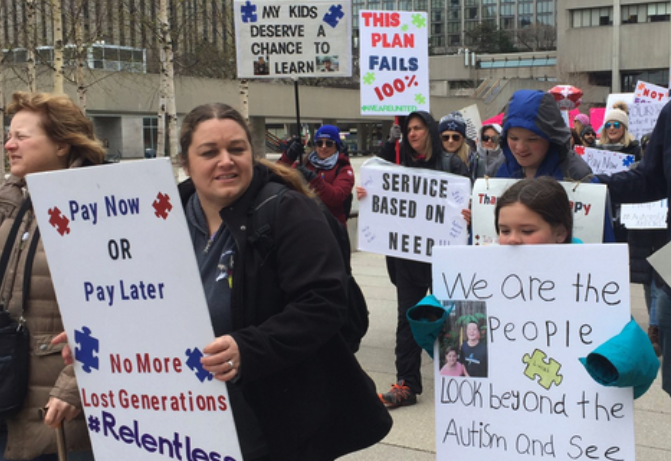
It does not matter what doctors are forced to do. It matters that doctors are forced.
This week, the courts upheld the College of Physicians and Surgeons of Ontario’s policy of forcing doctors to refer for Medical Aid in Dying (MAiD/euthanasia).
What will it be next week?
Forcing doctors to refer goes against everything that underpins medicine, science, medical ethics, and Western political philosophy.
It will take a number of blogs to sort it out. I can only introduce the nonsense in this post.
Forced to Refer
The court ruled that patients’ rights of access to healthcare trumped doctors’ rights to freedom of religion and conscience, when it comes to Medical Aid in Dying (MAiD/euthanasia) and “other contentious issues.”
Social media offered its own verdict: Doctors must do what patients want, full stop. Doctors are technicians who practice according to guidelines and accepted standards of care.
Mainstream media and activist groups cheered. The issue is settled. Religious doctors must keep religion out of the clinic. They must shut up, refer, or quit medicine.
Forced to Refer Nonsense
Like all mobs, social justice mobs thrive on nonsense. They lather up with moral sanctimony and screech definitive solutions to complex issues based on straw men and ignorance.
Religious Nonsense
Most nurses are no longer nuns, and doctors are not priests or pastors. Most doctors and nurses — even religious ones — never bring religion into clinical care. Continue reading “Doctors Forced to Refer for MAiD/Euthanasia”


